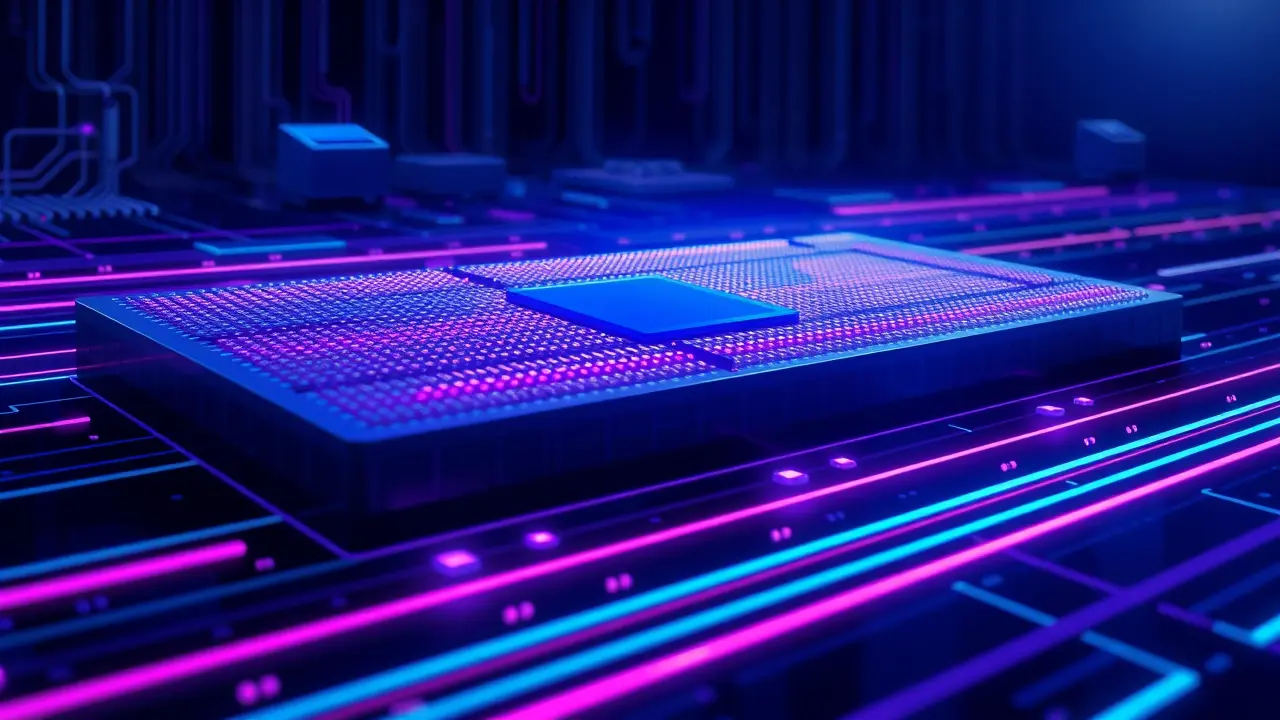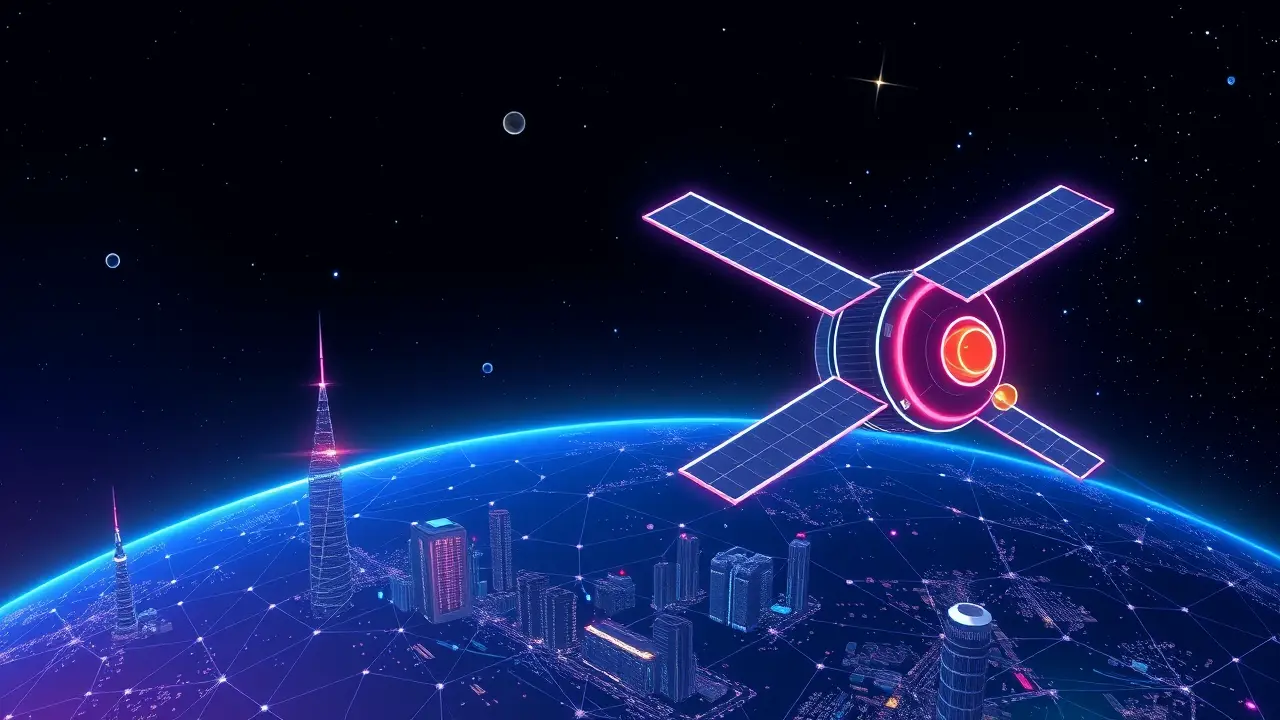
AIroboticsIndustrial Robotics
SoftBank to Buy ABB's Robotics Unit for $5.4 Billion
OL
Oliver Scott
2 weeks ago7 min read
In a seismic $5. 4 billion transaction that reverberated across global markets, SoftBank Group Corp has strategically acquired the robotics unit of Swiss engineering titan ABB, a move that signals a dramatic escalation in Masayoshi Son’s long-term vision for a robotics-dominated future and represents a calculated pivot from his recent, well-documented period of corporate retrenchment.This isn't merely a purchase; it's a high-stakes geopolitical and economic gambit, placing a massive bet on industrial automation as the next frontier of technological supremacy. For context, SoftBank’s prior forays into robotics, such as the emotionally intelligent but commercially challenged humanoid Pepper, were often viewed as speculative passion projects.This acquisition, however, is of an entirely different magnitude—ABB’s division is a bedrock of global manufacturing, providing the robotic arms that assemble everything from circuit boards to automobiles, making this a direct assault on the foundational layer of Industry 4. 0.The immediate risk scenario is a rapid consolidation of power, where SoftBank leverages this new asset to create a vertically integrated ecosystem, combining ABB's industrial hardware with its sprawling portfolio of AI and automation software investments, including Berkshire Grey and AutoStore. This creates a potential chokepoint in the global supply chain, granting SoftBank unprecedented influence over the pace and price of automation for competitors and partners alike.From a political risk perspective, the deal raises urgent questions about technological sovereignty; a key European industrial crown jewel is now in the hands of a Japanese conglomerate known for its volatile investment strategy, potentially triggering regulatory scrutiny in Brussels and Washington concerned about foreign control of critical infrastructure. The abandoned spin-off by ABB itself is a telling data point, suggesting the Swiss firm’s board saw greater immediate value and lower execution risk in a clean sale amidst a volatile economic climate, rather than navigating the uncertainties of a public listing.Looking forward, the consequences cascade into multiple plausible scenarios: an accelerated arms race in factory automation with rivals like Fanuc and Kuka, a potential stifling of innovation if the integrated entity becomes too dominant, or, conversely, a new wave of productivity gains that could reshape labor markets from Stuttgart to Shenzhen. This deal is less about robots and more about control—over data, over processes, and over the very skeleton of the future global economy. Son is not just buying a company; he is acquiring a chess piece for a much larger game, and the next move will be watched with acute analytical tension by every risk analyst from Zurich to Tokyo.
#SoftBank
#ABB
#robotics acquisition
#$5.4 billion
#Pepper
#AutoStore
#enterprise ai
#lead focus news
Stay Informed. Act Smarter.
Get weekly highlights, major headlines, and expert insights — then put your knowledge to work in our live prediction markets.
Related News
© 2025 Outpoll Service LTD. All rights reserved.














